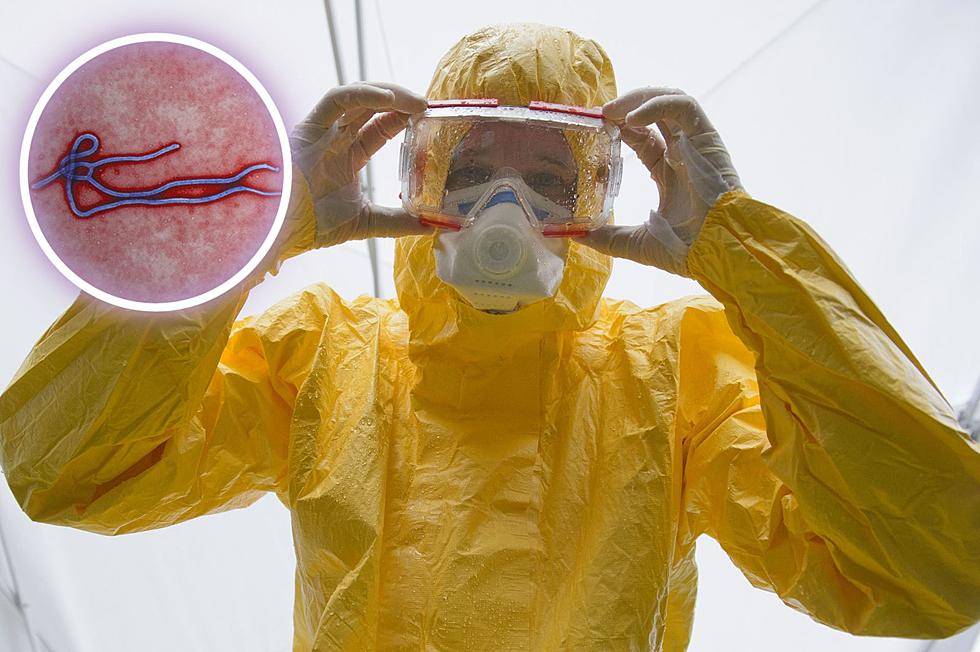
CDC Warns New Yorkers About Deadly Outbreaks of Ebola-Like Disease
Contagious and deadly diseases are all around us all of the time, but after what the world just went through with the COVID-19 pandemic, there are those who will call the latest warning from the Centers for Disease Control and Prevention fear-mongering while others will question whether or not a round two pandemic is on its way.

Last week, the Centers for Disease Control and Prevention (CDC) issued a warning to health departments not only in New York but in the entire United States, to keep an eye out for cases of a rare virus that is a whole lot like the Ebola virus.
The disease is called the Marburg disease virus, and there have been two outbreaks. One of the outbreaks happened in Equatorial Guinea and the other in Tanzania. Before the COVID-19 pandemic, the public likely wouldn't have thought much about a viral disease outbreak a world away, but New Yorkers now know better.
Marburg disease virus is a rare illness and is a cousin virus to Ebola. The virus can spread from animals to humans or from human to human through contact with infected blood or fluids. The CDC says that the time between when a person becomes infected and when symptoms begin can be anywhere from two to 21 days.
Symptoms of the Marburg virus can include sudden fever, headache, fatigue, muscle, and joint pain, loss of appetite, gastrointestinal symptoms, or unexplained bleeding. There is currently no known cure.
The CDC says that so far there have been no reported cases in New York or the United States and that there have also been no other outbreaks reported except for the ones in Equatorial Guinea and Tanzania. However, the warning "provides information about these outbreaks to increase awareness of the risk of imported cases in the United States."
The outbreak is very serious as is the virus itself. Tanzania's health minister announced that five of the eight people in his country who caught the virus died. In Equatorial Guinea, 14 cases have been confirmed since February 7 with ten patients to date dying from the virus, according to the CDC.
Goosebumps and other bodily reactions, explained
KEEP READING: See 25 natural ways to boost your immune system
More From 98.1 The Hawk









